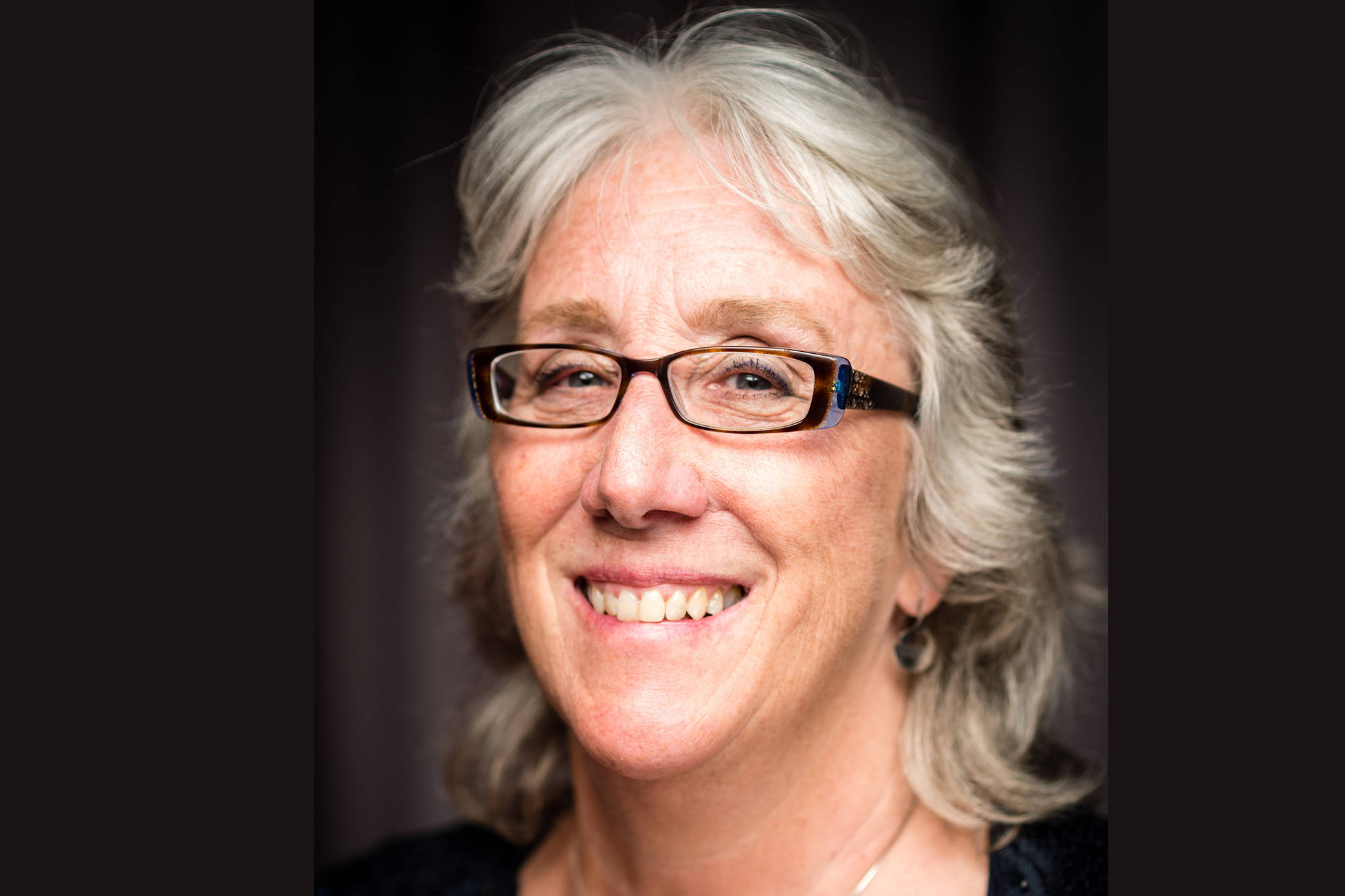By Kate Troll
Even as the budget talks get close to being settled, the PFD question lurks as a possible show stopper. As noted in the Juneau Empire, there may even be a “contingency” PFD considered in the August special session.
With the PFD question so front and center, I’ve been thinking about the original intent of the Alaska Permanent Fund dividend. As I learned from Gov. Jay Hammond, it was to create a vested interest in protecting the principial of the fund from excessive government spending; thus, investing more in thepermanent fund. He was also adamant about giving each Alaskan a share of the oil resource they collectively own. In his book, “Tales of Alaska’s Bush Rat Governor” (published in 1994), Hammond reflected, “Today, most Alaskans recognize that without the dividend program, the billions now invested in the Permanent Fund would have long since been squandered.” In terms of creating an interest in protecting the rainy-day account (now at about $80 billion), the dividend has been a huge success, larger than the size of Gov. Hammond’s woodpile. I highlight the term interest because it differs from the sense of entitlement that pervades the current “how much” debate.
The whole design of the permanent fund was to be able to fund government off the interest earned. To accomplish this meant determining what budget is the right size for providing essential public services. This has been the focus of the Alaska Legislature for about eight years. According to fiscal analyst Cliff Grogh, “The state of Alaska has cut the budget substantially — it is 43% lower this year than eight years ago. After adjusting for population and inflation, the state’s spending is lower now than before the big oil revenues started to arrive four decades ago.”
It appears that the Alaska Legislature has finally come to agreement on the level of government spending. As noted in a recent opinion piece, Speaker Louise Stutes (R-Kodiak) said, “Today, there is broad agreement that the level and type of services is close to where the state needs to be.”
Now the focus switches to the PFD side of the equation. As it turns out, in order to sustain a meaningful dividend check, the state must now either overdraw or look at taxes.
In a recent article on Gov. Mike Dunleavys’ dividend plan, Sen. Natasha von Imhof, R-Anchorage, points out that it doesn’t make sense to tax Alaskans in order to pay them a dividend.
Unless the tax proposal has some other policy objective like switching from a regressive tax to a progressive tax (a tax where the tax rate increases with an increase in the taxpayer’s income).
I agree with Senator von Imhof’s assessment. It makes no sense to tax for the sole purpose of a generating a handout back to the taxpayer.
The other aspect of the ongoing debate in the Legislature that I find troublesome is the “just this once” thinking. As Speaker Louise Stutes said: What the disagreement now boils down to this year is whether to spend more than we can afford “just this once.” That’s like saying let’s eat the seed corn just this once.
How did we get to this point in our fiscal considerations? In part we got here because of massive tax breaks given to the producers of Alaska’s legacy oil fields. In part, we got here because many Alaskans think of the PFD as an entitlement. And in this regard it’s important to note that with a sense of entitlement it’ll be difficult to overdraw “just this once” for a higher PFD amount.
The dividend program was not set up to become the obstacle in gaining a budget sustainably funded by permanentfund earnings; rather it was established to be a pathway toward fiscal stability not only for Alaskans today but for future generations. As noted earlier, the dividend program succeeded in creating such a pathway. Now we must decide if we want this pathway to continue for future generations or not.
If the only way to keep future generations in mind is to reduce the check amount to a level that avoids an overdraw, so be it. I realize this is easy for me to say because I have enough income where I’m not dependent on a PFD check to make ends meet. If there is a way to make the dividend more needs-based and still not overdraw, that could work as well. Ultimately, the objective should be to set or alter the PFD amount in a way that it acts as personal floatationdevice for future budgets.
I may not be entitled to an annual check but I am entitled to encourage common-sense budgeting that is forward thinking.
Kate Troll, a longtime Alaskan, has over 22 years experience in coastal management, fisheries and energy policy and is a former executive director for United Fishermen of Alaska and the Alaska Conservation Voters. She’s been elected to local office twice, written two books and resides in Douglas. Columns, My Turns and Letters to the Editor represent the view of the author, not the view of the Juneau Empire. Have something to say? Here’s how to submit a My Turn or letter.

